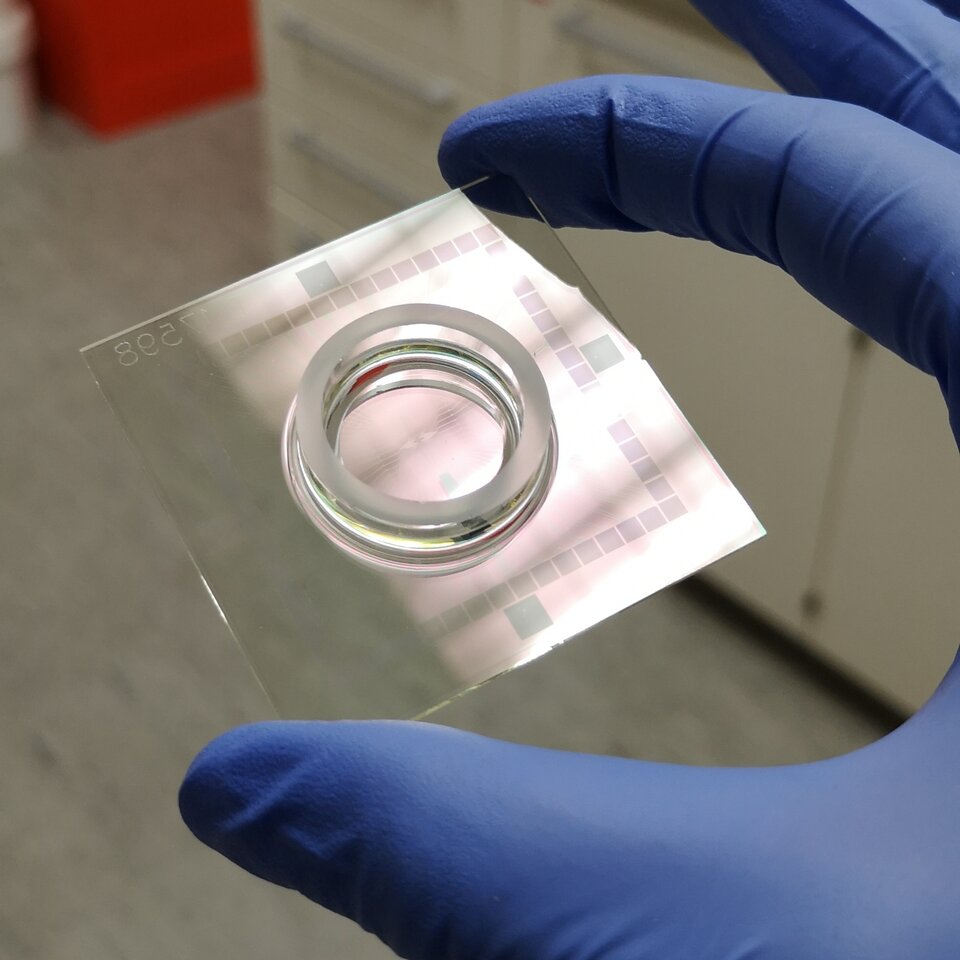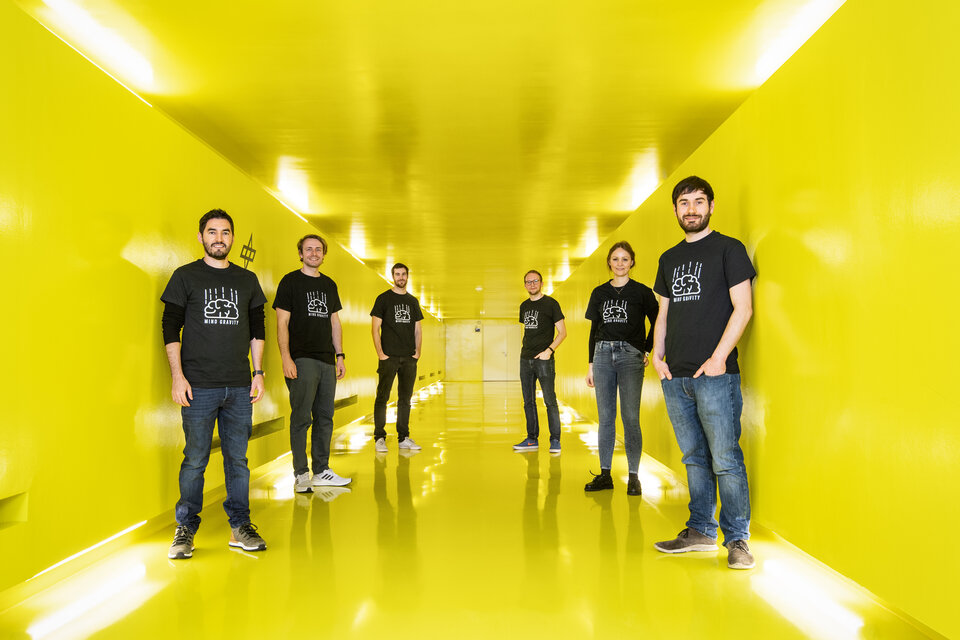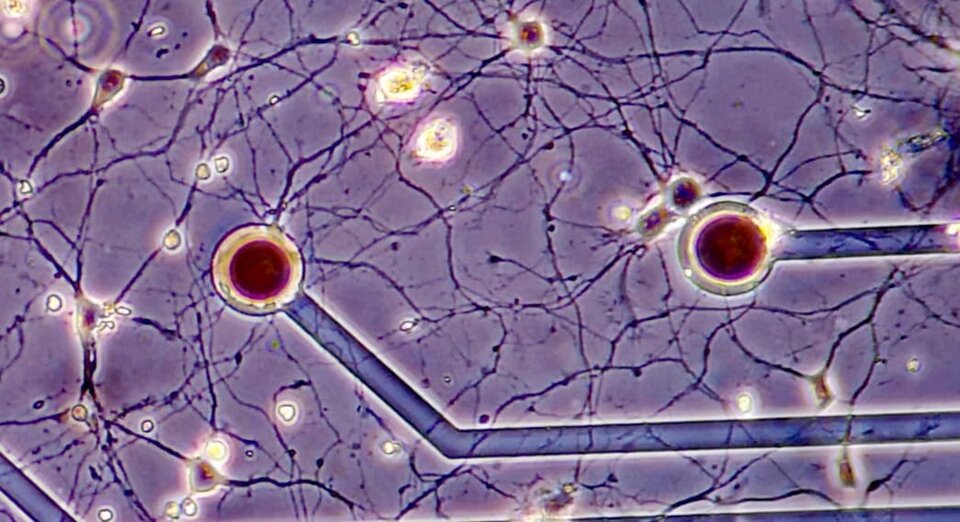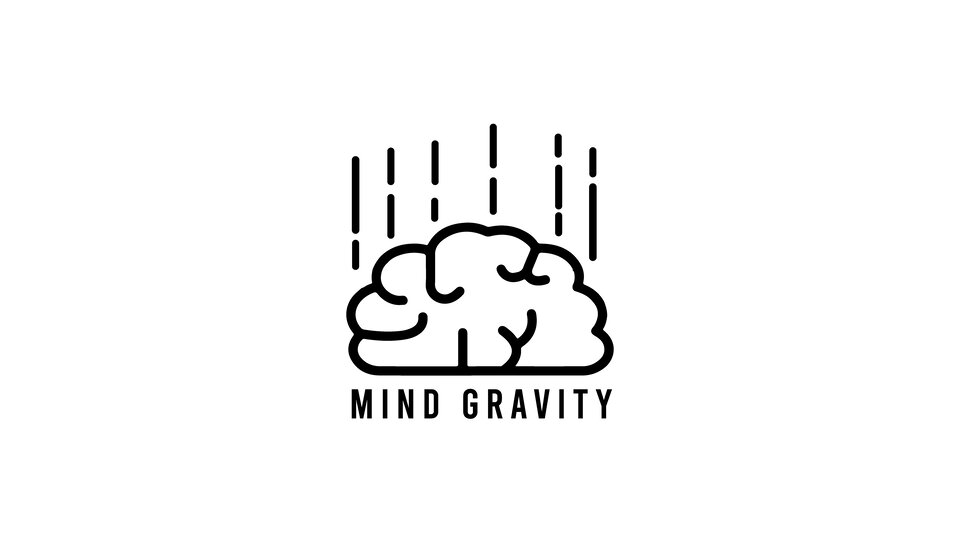Meet the team: MIND Gravity
Human behaviour and cognitive performance change in space due to many environmental and physical factors such as isolation, stress, crew cohesion and sleep rhythms. However, the most striking of these factors is the lack of gravity. Cognitive deficits in space have already been observed experimentally, but the underlying physiological mechanisms remain elusive.

Every aspect of human cognition, behaviour and psychomotor function is processed by the brain based on electro-chemical signals of billions of neurons, which relay information through functional neuronal networks throughout the body. Alteration in neuronal activity is the main cause of a variety of mental disorders and changed neuronal transmission may also lead to diminished human performance in space. Thus, understanding the function of these fundamental processes under the influence of altered gravity conditions are of high importance for any human exploratory space mission. Previous electrophysiological experiments have shown that propagation velocity of action potentials (APs) is dependent on gravity.
With this project, we aim to advance the electrophysiological approach from a single-cell level to a complex network level system. Thereby, studying for the first time the neuronal activity of isolated neuronal networks in a Drop Tower experiment by employing multi-electrode array (MEA) technology. MEAs feature the advantage of real-time electrophysiological recording and electrical stimulation of a complex and mature neuronal network in vitro, without the need for invasive patch clamp insertion into cells.

MIND Gravity is composed of six Neuroscience and Chemistry PhD students from Germany and Costa Rica. In this project the University Eye Clinic Bonn, the Institute of Aerospace Medicine at the German Aerospace Center - DLR - in Cologne and the University of Applied Sciences Cologne are cooperating. We are interested in addressing the following question: What is the influence of gravitational changes on the spontaneous and evoked electrical activity of neurons?

Therefore, we will investigate changing functional activity patterns of neuronal networks cultured in vitro atop MEAs that are subjected to microgravity. Furthermore, we will utilize new chemical entities (HNK derivatives) to modulate neuron activity and thus add a countermeasure component to our experiment. For this purpose, the Drop Your Thesis! programme is an ideal opportunity to study the behaviour of neurons under the influence of a short-time but high-quality microgravity exposure. Through these findings we will provide a substantial basis for our hypotheses that gravity does indeed alter the functioning of neural networks. Analysed data will also provide new insights into underlying cellular mechanisms of the human brain and ultimately advance the research in human cognition during gravitational changes as well as long-term space flight.
Do you want to get regular updates on the progress of the experiment MIND Gravity? Follow the team on their media platforms:


